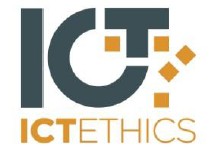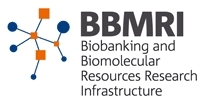EPINET In Vitro Meat
- Embedding workshop
- Policy recommendations
Collaborators:
Lancaster University (Cesagen): Neil Stephens, Brian Wynne & Kristrún Gunnarsdóttir
University of Bergen: Roger Strand
University of Sussex: Kate O'Riordan & Aristea Fotopoulou
Universidad Autònoma de Barcelona: Mario Giampietro, Louis Lemkow, Marina Di Masso & Zora Kovacic
Assessment methodologies: multi-scale integrated assessment, ethics, media analysis, socio-technical evaluation.
See more information and research output
In Vitro Meat (IVM) is an approach to growing meat outside of an animal by drawing upon tissue engineering and stem cell science. Muscle cells are cultured in controlled conditions to encourage cell division and proliferation to produce more muscle. These types of technique are common in biomedicine, but become a radically novel approach when applied to food. The technology has been aligned with addressing a variety of societal grand challenges, including environmental issues (through lowering green house gas, emissions and water, land and energy use), health issues (through removing antibiotics and engineering nutrition), ethical issues (through lessening the number of animals killed in meat production) as well as providing new economic opportunities. However the technology remains early stage, and the deliverability of these goals remains indeterminate.
Public Funding and Social Shaping of In Vitro Meat was an embedding event held in Utrecht, 28-29 Oct 2013. The case study team was able to narrow down and define the issues of public funding and social shaping as central policy concerns that should be discussed and debated over the two days. We gathered the main research actors in Europe, the leading investigators on the ethical and social aspects of IVM, and research policy actors.
A small set of policy considerations revolve around the issue of whether or not IVM research should be publicly funded, ie., considerations that have to be viewed in relation to how IVM technologies are represented, understood, shaped and reshaped and, accordingly, what sort of IVM activities seek funding. These considerations served throughout the case study as a common point of reference in dialogue across the network of IVM research and evaluation. As it stands, basic research into IVM is focussed upon cell-culturing techniques, but if the technology is to flourish it will have to scale-up and recreate the laboratory work of cell-culturing on an industrial mass scale. While a scaling of that nature is not yet a foreseeable future, the case study was developed to reflect upon the early stage technology-readiness of what remains an emergent science in search of funding, in search of users, in search of identity.













